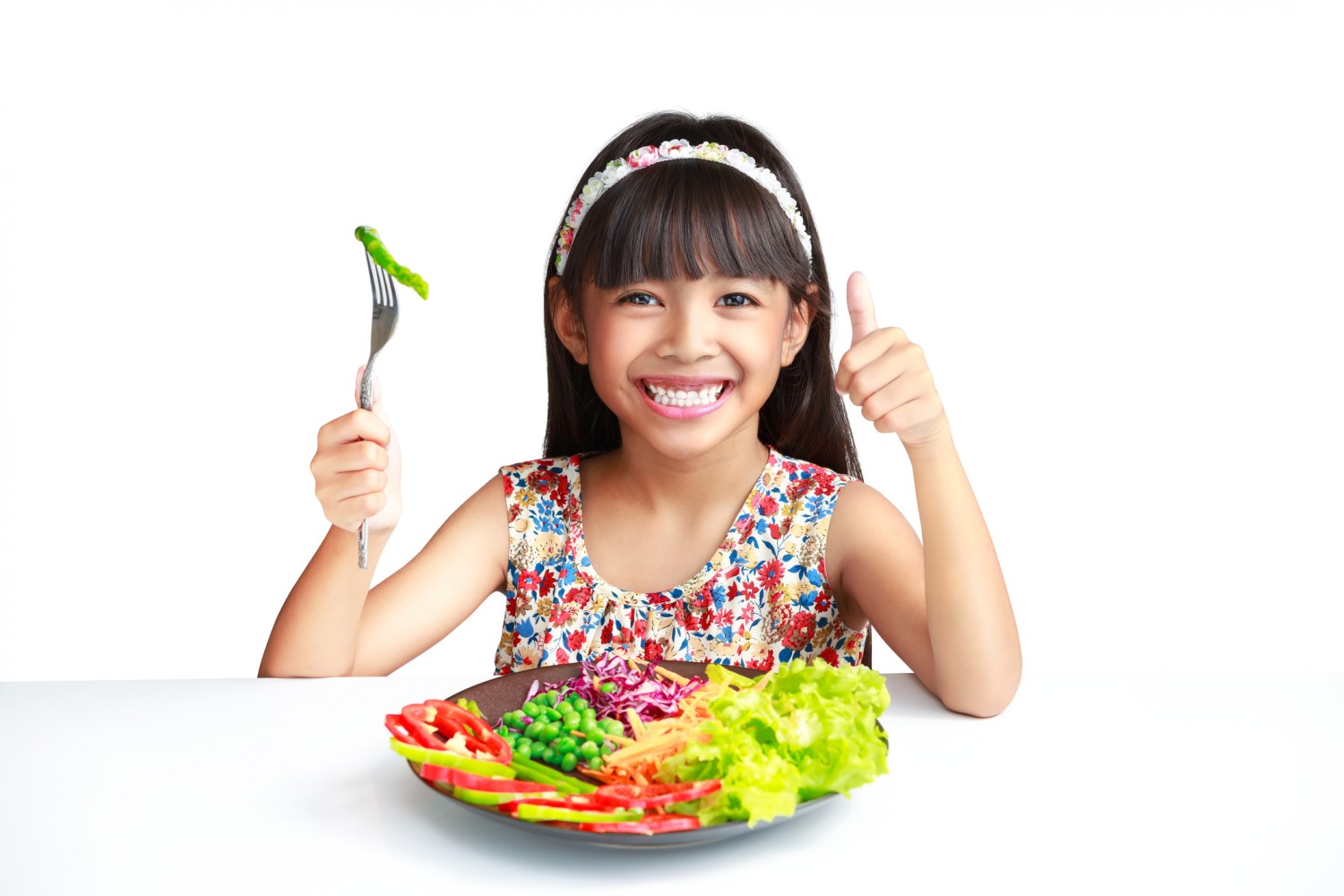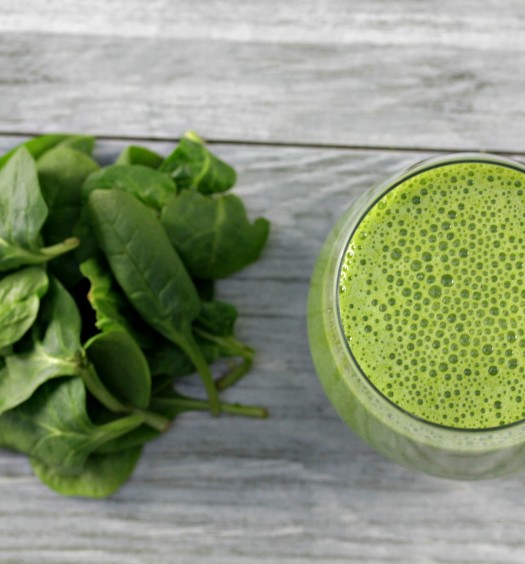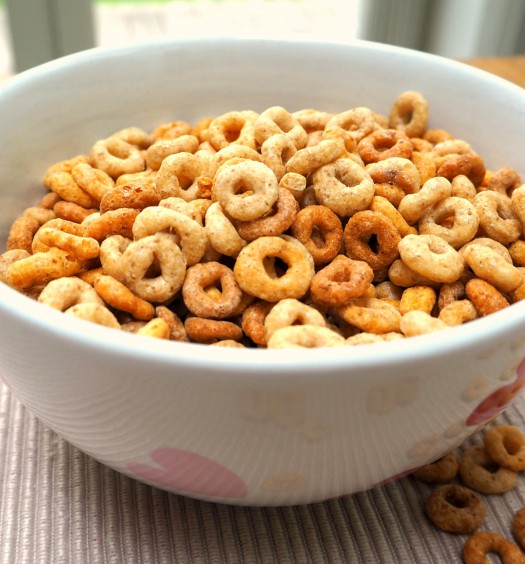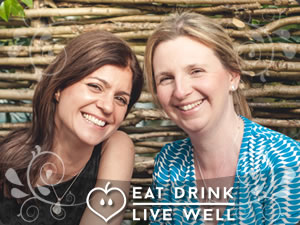Nutritionally speaking many children fare much better than their parents. Time and effort seem to be the most common excuses, coupled with exhaustion. Whilst there’s no escaping the tiredness that goes with having kids, diet can play a massive role in energy levels and ability to cope as well as making us look and feel better, adding to our sense of wellbeing.
So what can we learn from the way we feed our kids to enhance our own health?
Routine – we don’t send our children out without breakfast and think a mid-morning coffee and muffin will do. And how many kids wait until lunchtime to eat because they’re too busy with a sticker book? Yet it’s common for adults to go for hours before eating anything.
Breakfast is the most important meal. Getting it right controls cravings for the rest of the day and helps regulate blood sugar levels. Studies consistently show that having breakfast helps you lose weight and keep it off. Try eating together – eggs, porridge or healthy pancakes can be made and eaten in minutes and help keep you full till lunch.
Similarly skipping dinner inevitably leads to snacking on every bit of junk in the house or heating up some processed food once the kids are in bed. It doesn’t take long to feel rough and sluggish from this. Our kids don’t eat giant bars of chocolate before bed, this isn’t conducive to a good night’s sleep. So why are we doing it? If you’ve eaten regularly throughout the day then you’re much less likely to have sugar cravings.
Eat mindfully – when eating in front of the TV, picking at other peoples plates or grabbing food on the run calories add up as your brain doesn’t have a chance to signal when you’re satisfied. It’s impossible to get more food into a full child but adults can just keep going when distracted. Sitting at a table with a plate sets a much better example for your kids. A large study last year showed that kids who eat with their parents are healthier and fare much better at school. So, by sitting with your children and sharing the vegetables with them, you’ll be boosting your own intake as well as encouraging them to eat better.
Keep it balanced – kids don’t go carb free, they need glucose for energy just as we do. Crash diets are not sustainable and can make us grumpy, tired and lethargic plus the weight piles on as soon as you come off them. Far better to eat the right carbs (wholegrains such as brown rice or pasta, rye, oats) and ensure you’re getting adequate protein (eggs, poultry, beans, fish, dairy, nuts and seeds) with every meal.
Five a day – children are exposed to lots of fruit and veg through weaning and beyond. Most kids are having fruit snacks throughout the day and different veg with each meal. Parents will lovingly steam asparagus, broccoli and sweet potato for a baby meal, followed by a fruit dessert, yet how many parents are actually eating this well? Agreed, baby mush is not high on my food wish-list, but if cooking vegetables anyway why not make extra for ourselves?
On the subject of fruit and veg, I see many parents buying organic food for their kids but not themselves. There are a number of reasons why I consider organic food to be worth the extra cost (you can see our article here).
Sugar/salt – we don’t add salt to children’s foods as their kidneys aren’t up to the challenge. Salt does us no favours, it is linked to high blood pressure and heart disease and can make you bloated. Around three quarters of the salt in our diet comes from processed foods so it’s a good idea to try to cook more at home. Kids are quite happy to be salt-free; they don’t notice as their taste buds haven’t been trained to pick up on sugar and salt in foods. Once you’ve weaned yourself off, you’ll find you no longer need it. Try seasoning with pepper and spices instead or having sea greens which contain a wealth of nutrients.
Smart snacking – if kids are hungry between meals, we offer a variety of fruits, veg sticks and dips. Yet many of us grab chocolate, biscuits or cake to keep going. You may have cravings because your blood sugar levels are dropping but the best way to counteract that is with some protein (ie hummus, nuts or seeds). We carry around healthy snacks for our kids so why not prepare some for us too, avoiding the temptation to buy junk.
My kids’ diet isn’t perfect and I wouldn’t want it to be. I’ve no interest in being the food police. I’ve always gone by the 80:20 rule whereby most of what we eat is healthy but I don’t feel guilty about any of us indulging in the odd treat (usually wine for me and chocolate for them). But I do find tiredness a food challenge, the kids do still eat well but I can find myself going for quick fixes. Perhaps it is time to look to our kids for health inspiration.
We hope you enjoyed this article, let us know your thoughts in the comments below or on our facebook page and don’t forget to sign up to our newsletter to receive more recipes, nutrition tips and expert advice.





